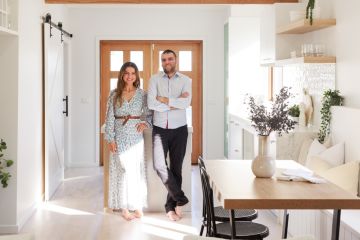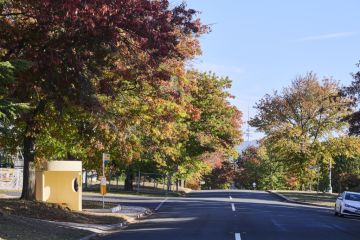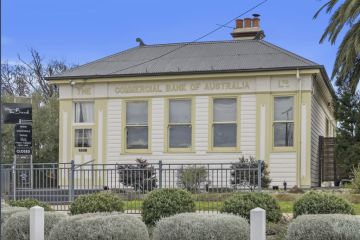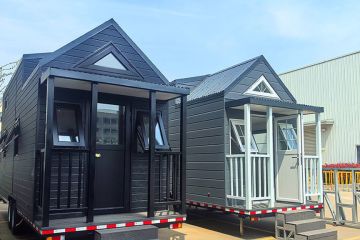Community groups thrive in City of Wyndham's new housing estates
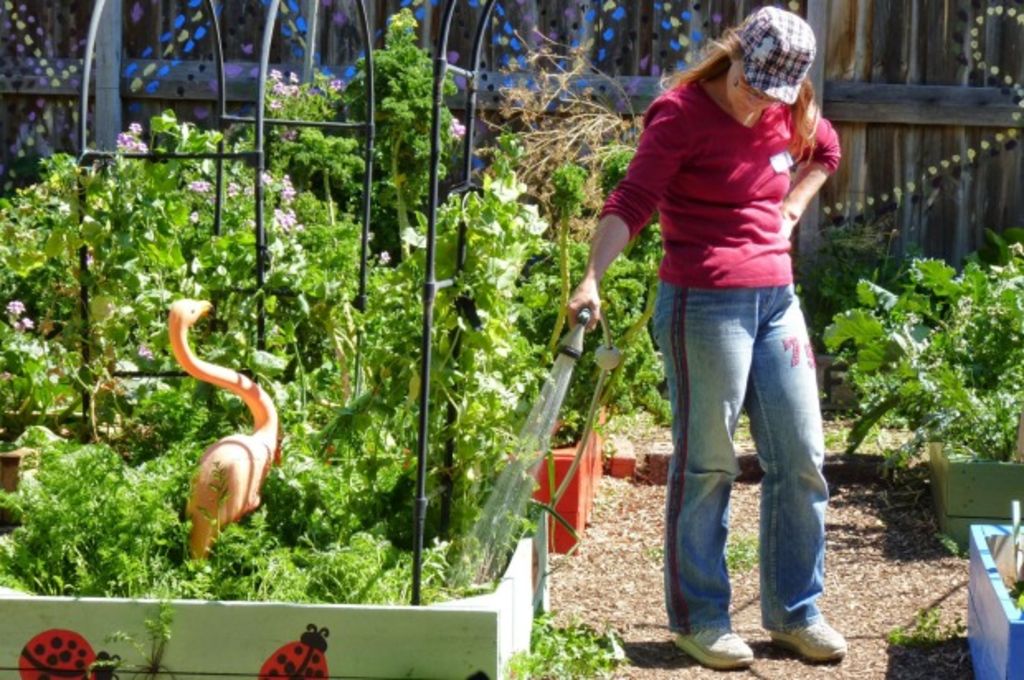
In an effort to overcome social and logistical issues in new housing estates, residents are establishing niche community groups to bring homeowners together.
Formed in 2010, Shoestring Gardening is a community group established to empower residents of Melbourne’s outer west to grow, cook and preserve food in their backyards.
The group services the City of Wyndham, an area that’s home to several new housing estates across suburbs Williams Landing, Point Cook, Wyndham Vale and Truganina.
“Traffic and lack of infrastructure seems to have a negative impact on our community,” says Shoestring Gardening program co-ordinator Bronwyn Riddell.
“We try to empower people to break down the barriers of social isolation by growing and sharing food.”
For the last decade, the City of Wyndham has attracted approximately 50,000 new residents every five years.
The population forecast for the area in 2015 is 201,012 residents, which is expected to grow to 384,275 by 2036.
“Housing estates just build houses, they don’t build communities,” Riddell says.
“From evaluations we have done, we connect community together, have fun, and inspire people to live a more sustainable lifestyle,”
Nearby, Wyndham Twins Plus was established to support local families with twins and triplets.
The community has 50 member families, a rise from 25 families in 2011 and approximately 40 families in 2013/14.
“Being a parent of multiple children can often be isolating and lonely … it’s more difficult to leave the house with multiple children and this isolation can be compounded when you live on the outskirts of the municipality or deep within a new housing estate,” says Wyndham Twins Plus president Kelly Walker.
“To quote the old adage, ‘It takes a village to raise a child,’ – this is certainly no truer than with multiple birth children.”
Walker commends developers of nearby housing estates for including playgrounds and recreational opportunities in their master plans, but notes a number of strategic issues that continue to affect residents.
“Waiting lists at local day-care centres are huge, especially in Point Cook where demand exceeds the availability often, and there are the overcrowded schools and zoning issues,” Walker says.
There is also a shortage of maternity services required to keep up with the growing population.
“Many of our mums have been unable to deliver at the Werribee Mercy Hospital either due to their capacity being reached or the need for specialised care due to the higher risk nature of the pregnancy,” Walker says.
Nearby Sunshine Hospital has the third most births of any hospital in the state.
“Elsewhere, maternity services of that size are provided through a dedicated women’s hospital, such as The Royal Women’s Hospital or the Mercy Hospital for Women,” Walker says.
Wyndham Twins aims to reduce the potential isolation of multiple-birth parenting by running activities and managing a private social media group for networking and support.
“I think this is a major selling point for many families as it helps [those in] the new developments feel more complete and community friendly,” Walker says.
“We know that multiple-birth families who have not found us until their twins were older report a higher sense of stress and that their isolation was more acute,” Walker says.
The rise in community groups can also be attributed to the increase of social media usage.
In the Northern Territory, Real estate agent at Call 2 View Peter Kafkas has established 44 Facebook groups across his area of Palmerston after realising he didn’t know any of his neighbours.
“Everyone nowadays sticks to themselves so I figured I would use social media to reconnect again,” Kafkas says.
“As a suburb, getting to know each other is so powerful and makes your life so much easier.”
Kafkas has collaborated with Neighbourhood Watch to give the program a modern overhaul that’s more convenient for busy residents.
“Since creating these groups we have helped reduce crime, assisted in returning lost animals to their owners, had the first Neighbourhood Watch community meeting, and had developers meeting to answer residents concerns,” Kafkas says.
Carindale Connect is a Brisbane based online community for the residents of Carindale, Carina, Mansfield and Mount Gravatt.
“When I moved to Carindale in 2007 I thought that the region had so much potential as a ‘hub’,” says Carindale Connect founder Genevieve Robey.
Despite Carindale having a large shopping centre, Robey says there were no community facilities to help locals network.
“I think some people feel that connecting more to locals means being in their neighbours’ pockets or appearing nosy, but society has gone too far the other way and many people are becoming too disconnected,” Robey says.
A monthly forum with local speakers also supports the social media channels and online discussions.
“We find that mixing online and offline community helps to make it a stronger presence,” Robey says.
“Strong and connected communities are resilient; they help with reducing loneliness, they help with keeping neighbourhoods safer, and you never know when you will need them.”
We recommend
We thought you might like
States
Capital Cities
Capital Cities - Rentals
Popular Areas
Allhomes
More

